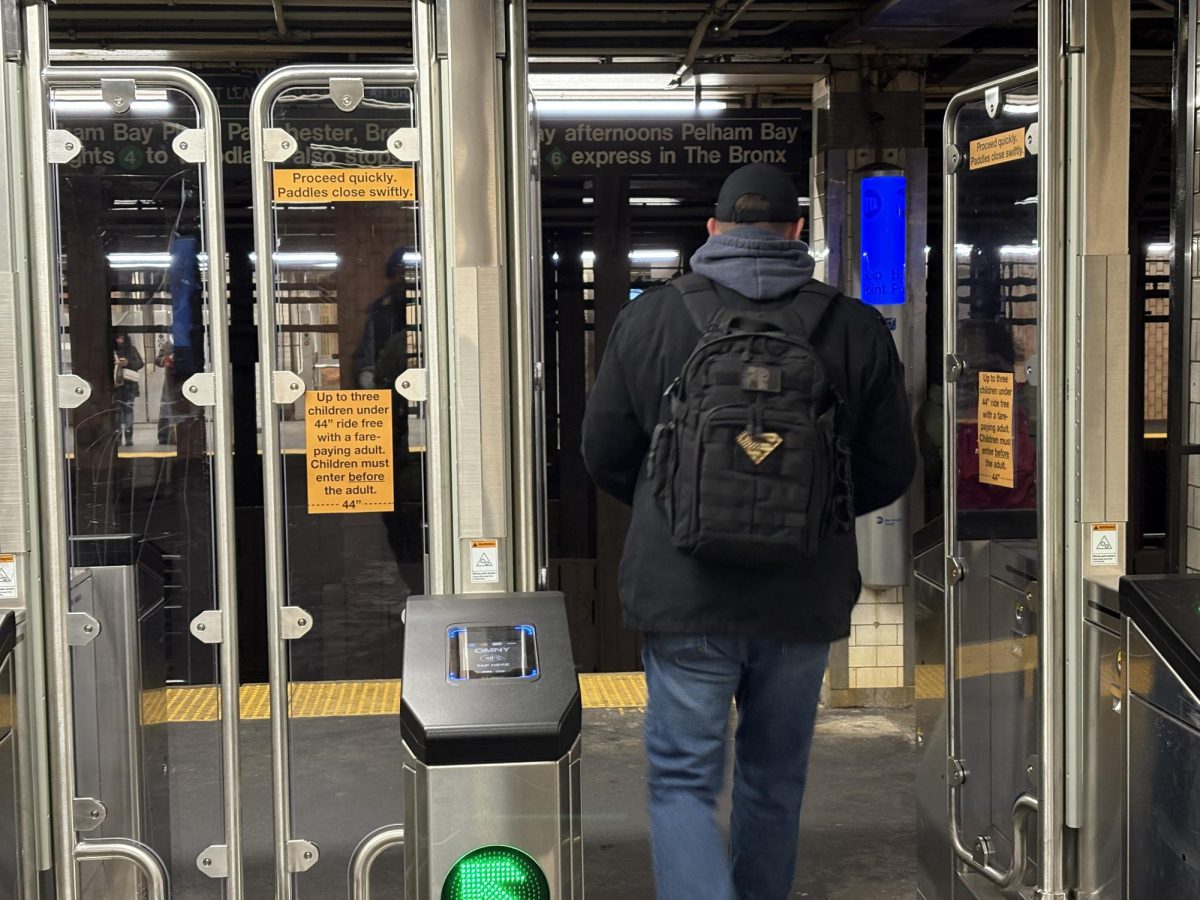A group of Chinese residents living in Japan gathered on the streets of Tokyo in November 2022, holding blank sheets of paper in solidarity with the “white paper” movement.
This demonstration supported the widespread protests across China against the government’s
“Zero-COVID” policy, which had become a symbol of deeper societal frustrations.
The protests were initially sparked in Ürümqi, the capital of Xinjiang province, where some of the harshest lockdown measures were enforced.
Residents were confined to their homes, and images surfaced showing apartment doors bolted shut by authorities.
In one incident, at least 10 residents in Ürümqi lost their lives in an apartment fire, unable to escape due to the lockdown restrictions.
The incident ignited outrage and grief not only in Xinjiang and the rest of China, but also among Chinese communities worldwide.
As more people took to the streets, Chinese authorities devised methods to demobilize and silence dissent both within China and abroad.
Since the protests began, the Chinese government has identified many protesters through its extensive surveillance network.
Protesters, including expatriates, have faced harassment and threats from the regime in retaliation for their involvement in what authorities view as an “insurgency.”
“Chinese authorities appear to silence people residing in Japan who criticize Beijing’s abuses
without any scruples,” Teppei Kasai, an Asia Program Officer at Human Rights Watch said.
Human Rights Watch conducted anonymous interviews with 25 people living abroad in Japan from Hong Kong and mainland China, including Xinjiang, where the movements started.
Some of them have ceased participating in politically sensitive activities due to concerns for their safety and that of their relatives.
Transactional repression often manifests in indirect ways.
For instance, a Tibetan individual promoting Tibetan culture was denied a passport renewal, with officials insisting they must return to Tibet.
In another case, a Taiwanese pro-democracy activist in Hong Kong received multiple invitations from the embassy to “retrieve important documents.”
Beijing’s transnational repression is not unique to Japan.
China has been employing this mechanism for a prolonged time. In 2023, the U.S. Attorney’s Office filed two criminal complaints claiming that several Chinese authorities allegedly targeted Chinese nationals residing in the New York metropolitan area whose political views are disfavored by the Chinese government.
“Where did those people go? Everything becomes a mystery. I always hope that one day in the future, at dawn, we can walk to the intersection of Ürümqi Road again and recognize each other.
I wonder how long it will take for that day to arrive,” one of the white paper movement protesters said.








